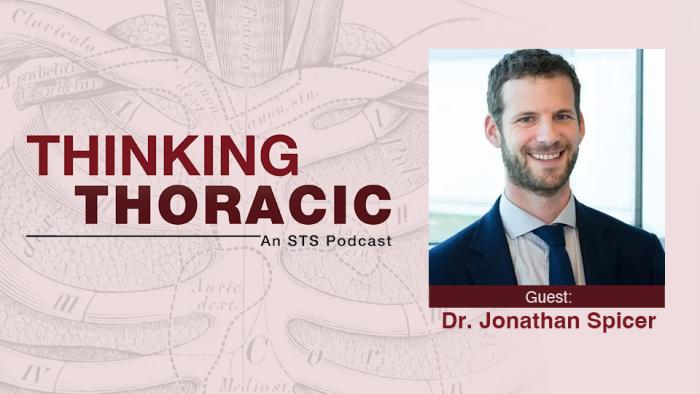More than 40 thoracic surgeons nationwide gathered in Norcross, Georgia, on May 15-16 to attend the STS Workshop on Robotic Thoracic Surgery. This immersive, two-day event offered participants critical insights and hands-on training to enhance their planning and execution of both routine and advanced robotic thoracic procedures.
The workshop featured two tracks tailored to experience levels: Foundations and Advanced.
Foundations Track Focuses on Core Techniques
The program focused on core robotic procedures such as lobectomy, thymectomy, and segmentectomy, with an emphasis on port placement, energy use, and robotic navigational bronchoscopy. The sessions included topics like 3D imaging, preoperative planning for lung segmentation, management of intraoperative complications, thymectomy techniques, and strategies for establishing a robotic surgery program. This encompasses securing hospital support and engaging leadership.
"Building a robotic thoracic surgery program involves more than just enhancing technical skills," said co-course director Brian Mitzman, MD. "It requires securing adequate block time and robotic access, obtaining hospital support for marketing the program to the community, and effectively communicating with hospital leadership."
Advanced Track Tackles Complex Cases
The program addressed complex procedures such as sleeve resections, esophagectomy, and challenging segmentectomies. Courses covered both typical and atypical lung segments, pneumonectomy techniques, vascular control in difficult cases, tracheobronchoplasty, first rib resection, and best practices for esophageal conduit preparation.
Hands-On Experience and New Technology Integration
Participants in both tracks trained with cutting-edge tools, including single-port (SP) robotic systems, advanced bronchoscopy platforms, and next-generation imaging. More than six hours of lab-based training at a state-of-the-art facility were paired with expert-led lectures and interactive case discussions.
“As an attending thoracic surgeon at Emory University, it was a privilege to teach at the STS Workshop,” said Alicia Bonanno, MD. “I was especially excited to guide new learners through innovative, up-and-coming robotic techniques that are shaping the future of thoracic surgery.”
This intensive workshop provided valuable, practical experience to enhance skills in robotic thoracic surgery and encourage innovation in patient care. With an approximate 2:1 faculty-to-attendee ratio, participants received personalized guidance tailored to their individual goals and experience levels.
“My first day at the workshop was incredibly informative. During the hands-on session, I had the opportunity to perform a lobectomy alongside Dr. Andrew Brownlee and learned lots of valuable tips and tricks from him,” said Jerome Lee, MD, a general surgery resident at Bayhealth Medical Center in Dover, Delaware.
"The STS Workshop is a distinguished program where each faculty member is carefully selected for their specialized expertise," said Dr. Mitzman. "Attendees were matched with instructors based on their specific needs, ensuring personalized instruction and meaningful feedback throughout the symposium."
With its emphasis on individualized instruction and technical innovation, this intensive workshop remains a premier training ground for surgeons aiming to elevate their robotic thoracic surgery skills and shape the future of the specialty.
Check out the event photo gallery.
